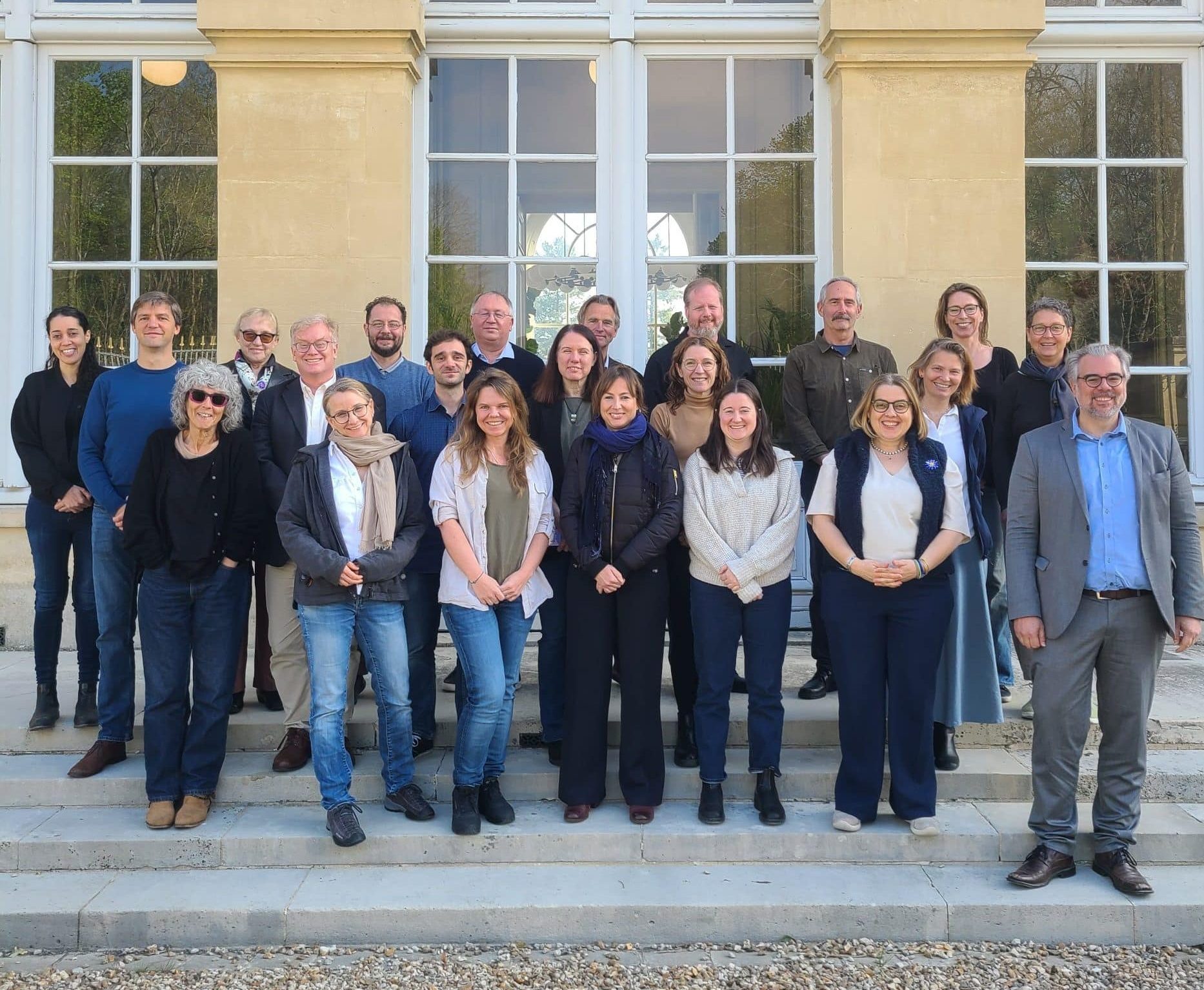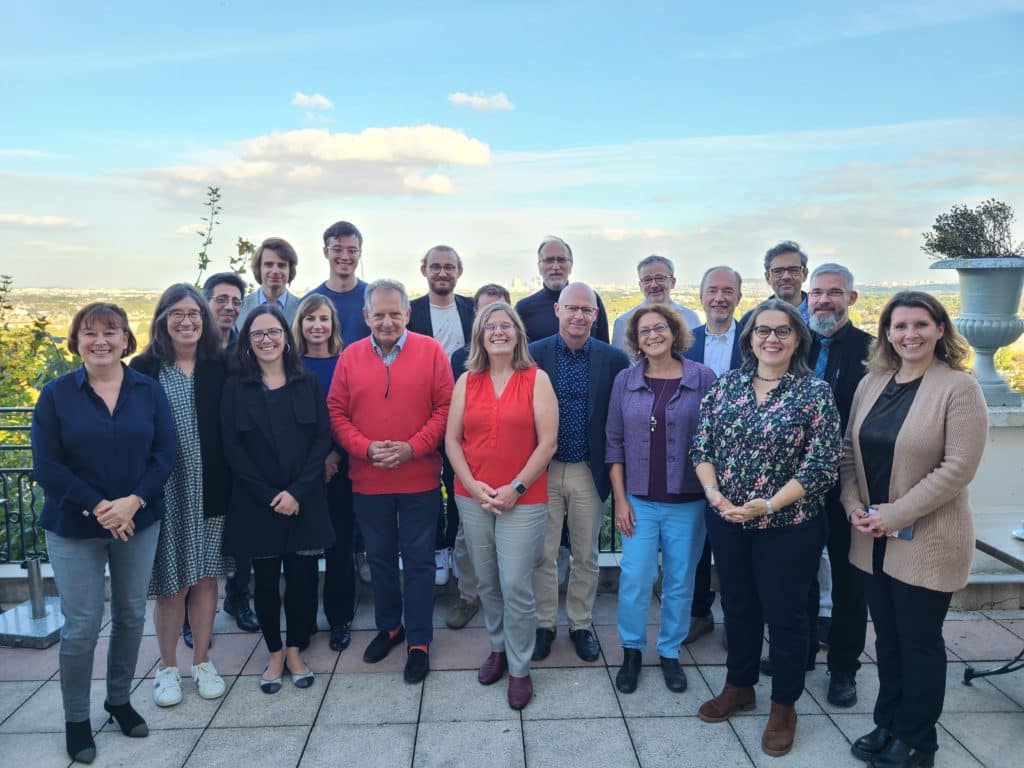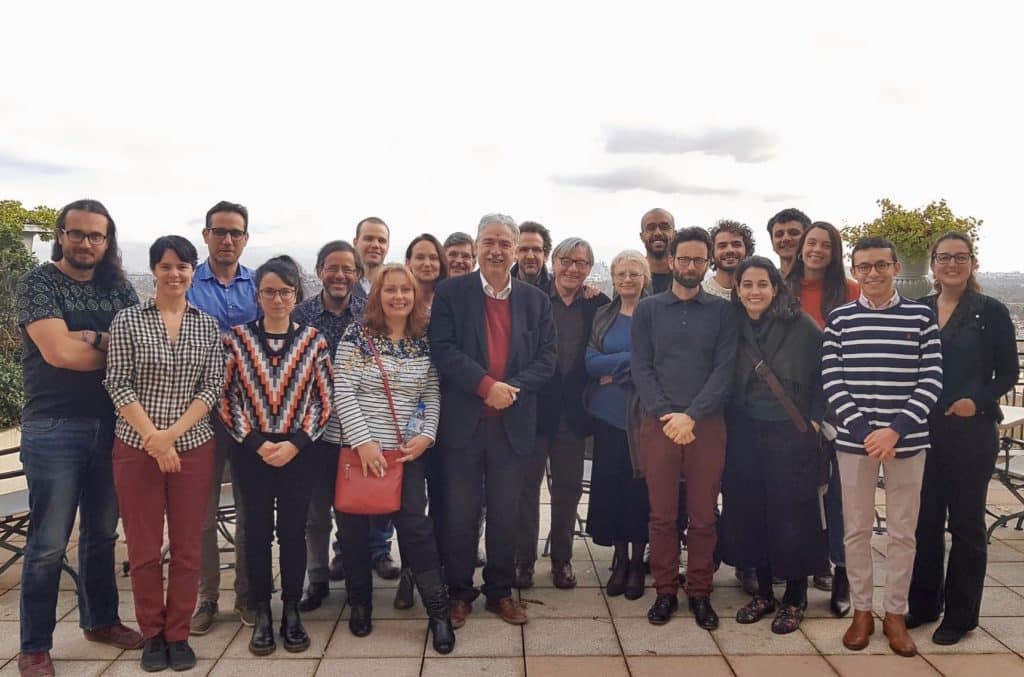- Christopher BOEHM, Santa Fe, New Mexico
- Robert BOYD, Department of Anthropology , University of California, Los Angeles, USA
- Claude COMBES, Centre de Biologie et Ecologie Tropicale et Méditerranéenne, Université de Perpignan-CNRS Perpignan France
- Sara CORDES, Rutgers University, USA
- Daniel DENNETT, Center for Cognitive Sudies, Tufts University, USA
- R.I.M DUNBAR, Evolutionary Psychology Research Group, School of Biological Sciences, University of Liverpool, UK
- Robert A.FOLEY, Leverhulme Center for Human Evolutionary Studies, University of Cambridge, UK
- Randy GALLISTEL, Rutgers University, USA
- Rochel GELMAN, Rutgers University, USA
- Marc D. HAUSER, Department of Psychology and Program in Neurosciences, Harvard University, USA
- Pierre JAISSON, Laboratoire d’Ethologie Expérimentale et Comparée, Université Paris CNRS, Villetaneuse, France
- Stephen C.LEVINSON, Max Planck Institute for Psycholinguistics, The Netherlands
- David PREMACK, Department of Psychology, University of Pennsylvania, USA
- Peter RICHERSON, Department of Environmental Science and Policy, University of California, Davis, USA
- Wolf SINGER, Max Planck Institute for Brain Research, Frankfurt/ Main, Germany
- Dan SPERBER, CNRS-EHESS, Institut Jean Nicod, Paris, France
- Michael TOMASELLO, Max Planck Institute for Evolutionary Anthropology, Germany
Evolution and Culture, Edited by Stephen C. LEVINSON and Pierre JAISSON
Overview
Biological and cultural processes have evolved together, in a symbiotic spiral; they are now indissolubly linked, with human survival unlikely without such culturally produced aids as clothing, cooked food, and tools. The twelve original essays collected in this volume take an evolutionary perspective on human culture, examining the emergence of culture in evolution and the underlying role of brain and cognition. The essay authors, all internationally prominent researchers in their fields, draw on the cognitive sciences—including linguistics, developmental psychology, and cognition—to develop conceptual and methodological tools for understanding the interaction of culture and genome. They go beyond the « how »—the questions of behavioral mechanisms—to address the « why »—the evolutionary origin of our psychological functioning. What was the « X-factor, » the magic ingredient of culture—the element that took humans out of the general run of mammals and other highly social organisms?
Several essays identify specific behavioral and functional factors that could account for human culture, including the capacity for « mind reading » that underlies social and cultural learning and the nature of morality and inhibitions, while others emphasize multiple partially independent factors—planning, technology, learning, and language. The X-factor, these essays suggest, is a set of cognitive adaptations for culture.


